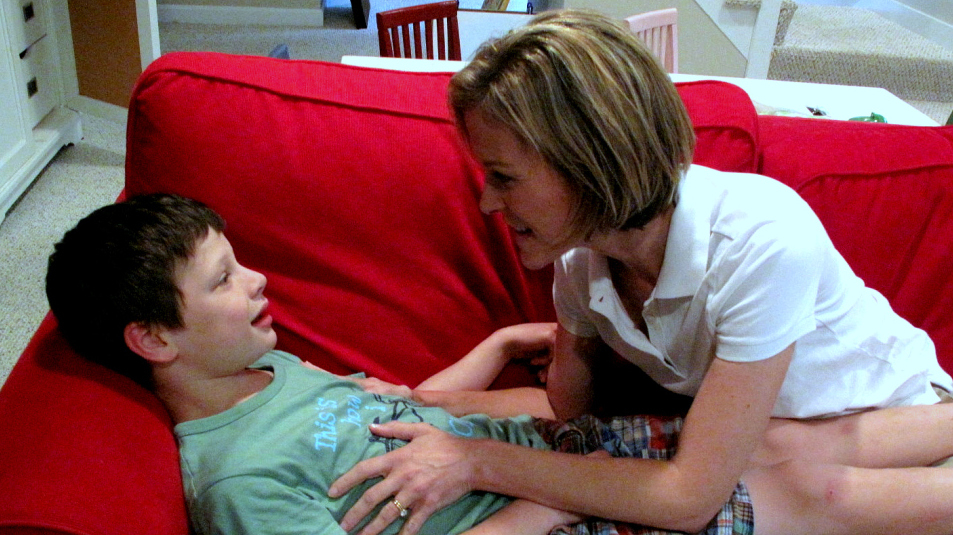Introduction
Ibuprofen is a widely used nonsteroidal anti-inflammatory drug (NSAID) known for its effectiveness in reducing pain and inflammation. However, recent studies have raised concerns about the potential side effects of long-term ibuprofen use, particularly on testicular health in males. This comprehensive guide aims to provide an in-depth exploration of the potential negative impact of ibuprofen on the testicles, including its mechanism of action, side effects, and alternative pain management strategies.
I. Understanding Ibuprofen and Its Mechanism of Action
Introduction to Ibuprofen
Provide an overview of ibuprofen, including its common uses, availability, and mode of action as an NSAID. Explain its role in reducing pain, inflammation, and fever.
Mechanism of Action
Describe the mechanism through which ibuprofen works in the body, specifically targeting enzymes called cyclooxygenases (COX). Discuss the inhibition of prostaglandin synthesis and its effects on pain perception and inflammation.
II. Testicular Health and Importance
The Role of Testicles
Explain the vital functions of the testicles, including sperm production, hormone regulation (such as testosterone), and sexual development. Highlight the importance of maintaining optimal testicular health for overall well-being.
Factors Affecting Testicular Health
Discuss various factors that can impact testicular health, such as hormonal imbalances, infections, trauma, and lifestyle choices.
III. Research Findings on Ibuprofen and Testicular Health
Studies on Ibuprofen Use
Present recent research studies that have explored the potential link between ibuprofen use and negative effects on testicular health. Discuss the findings, including changes in hormone levels, reduced sperm production, and testicular tissue damage.
Mechanisms of Testicular Damage
Examine the proposed mechanisms through which ibuprofen may negatively impact the testicles, such as disruption of hormone production, oxidative stress, and mitochondrial dysfunction.
IV. Ibuprofen Side Effects on Testicles
Hormonal Imbalances
Discuss how ibuprofen use may lead to hormonal imbalances, specifically affecting testosterone levels and other hormone regulation in the body. Explain the potential consequences of hormonal disruptions on testicular function.
Reduced Sperm Production
Explain the potential impact of ibuprofen on sperm production, including decreased sperm count, impaired sperm motility, and altered sperm morphology. Discuss the potential implications for fertility and reproductive health.
Testicular Tissue Damage
Explore the possible adverse effects of long-term ibuprofen use on testicular tissue, including inflammation, fibrosis, and structural changes. Discuss the potential long-term consequences of testicular tissue damage.
V. Alternative Pain Management Strategies
Non-Pharmacological Approaches
Highlight alternative pain management strategies that can be considered to reduce reliance on ibuprofen. Include techniques such as physical therapy, hot/cold therapy, massage, and relaxation exercises.
Natural Remedies
Discuss natural remedies with anti-inflammatory properties that may provide pain relief without the potential side effects associated with ibuprofen. Examples may include herbal supplements, essential oils, and dietary changes.
VI. Consulting a Healthcare Professional
Seeking Medical Advice
Encourage readers to consult with a healthcare professional, such as a primary care physician or urologist, before making any changes to their medication regimen or exploring alternative pain management options.
Individualized Care
Emphasize the importance of personalized care and the need for healthcare professionals to assess each individual’s unique medical history, symptoms, and potential risks associated with ibuprofen use.
Conclusion
While ibuprofen is a commonly used medication for pain relief and inflammation, it is crucial to be aware of the potential side effects it may have on testicular health. The findings from recent studies suggest a potential negative impact on testicles, including hormonal imbalances, reduced sperm production, and testicular tissue damage. It is advisable to seek medical advice and consider alternative pain management strategies to mitigate these potential risks. Prioritizing testicular health and exploring safer options can contribute to overall well-being and reproductive health in the long run.

